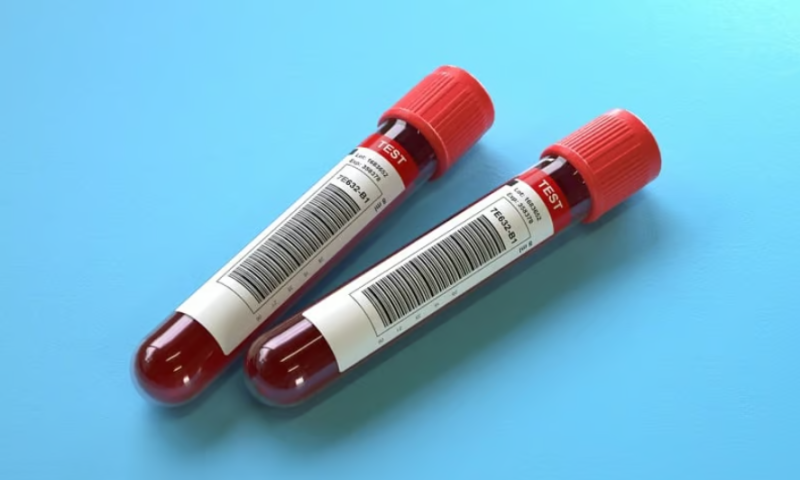Two years after Abbott landed FDA clearance for a hand-held blood test that could detect signs of mild traumatic brain injuries (TBIs) in the span of about 15 minutes, the concussion-spotting test is heading to the big leagues.
The FDA has now cleared a version of the diagnostic that’s designed to run on Abbott’s Alinity i laboratory instruments. Because the Alinity systems are installed in hospitals and labs across the U.S., the regulatory clearance vastly scales up the availability of the test for the millions of Americans who experience concussions every year, Abbott noted in its Tuesday announcement.
“People sometimes minimize a hit to the head, thinking it’s no big deal. Others wonder if a visit to the doctor or emergency room for a possible concussion will provide them with meaningful answers or care,” Beth McQuiston, M.D., medical director in Abbott’s diagnostics business, said in the release.
“Now that this test will be widely available in labs across the country, medical centers will be able to offer an objective blood test that can aid in concussion assessment,” McQuiston said. “That’s great news for both doctors and people who are trying to find out if they have suffered a traumatic brain injury.”
The test is already available outside the U.S., having reeled in CE mark approval in Europe at the end of 2021.
The lab test works by analyzing a blood sample drawn from the arm. It looks for two biomarkers in the blood, both of which have been closely linked to TBIs when found in elevated concentrations. In studies, it was able to churn out results with 96.7% sensitivity and 99.4% negative predictive value, per Abbott.
The test returns results within about 18 minutes and has been authorized to assess patients aged 18 and older within 12 hours of a suspected concussion. It’s meant to be used as a triaging step before a CT scan, following a physician’s assessment of a patient’s visual, verbal and motor responses—which is often the only test they undergo before being sent off for a confirmatory CT scan.
According to Abbott, using the test as a first step in diagnosing concussion can help reduce the number of unnecessary CT scans performed on patients without actual brain injuries by as much as 40%—and will therefore cut down on the amount of time they need to spend in a hospital’s emergency department—while also flagging the patients who do need further imaging to confirm a concussion.
The newly FDA-cleared diagnostic offers a high-throughput alternative to Abbott’s i-STAT TBI Plasma test, which was given the green light to spot signs of traumatic brain injuries at the start of 2021.
That version of the concussion-detecting blood test runs on the i-STAT Alinity platform, a smartphone-sized, hand-held device that’s able to separate out plasma from a blood sample and conduct its biomarker analysis within 15 minutes.
A study published last year looked at the pair of biomarkers measured in both versions of the TBI test. After examining test results and longer-term outcome data for nearly 1,700 patients, the researchers concluded that higher concentrations of those biomarkers were linked to a higher probability of severe disability and death within six months of the initial brain injury.

